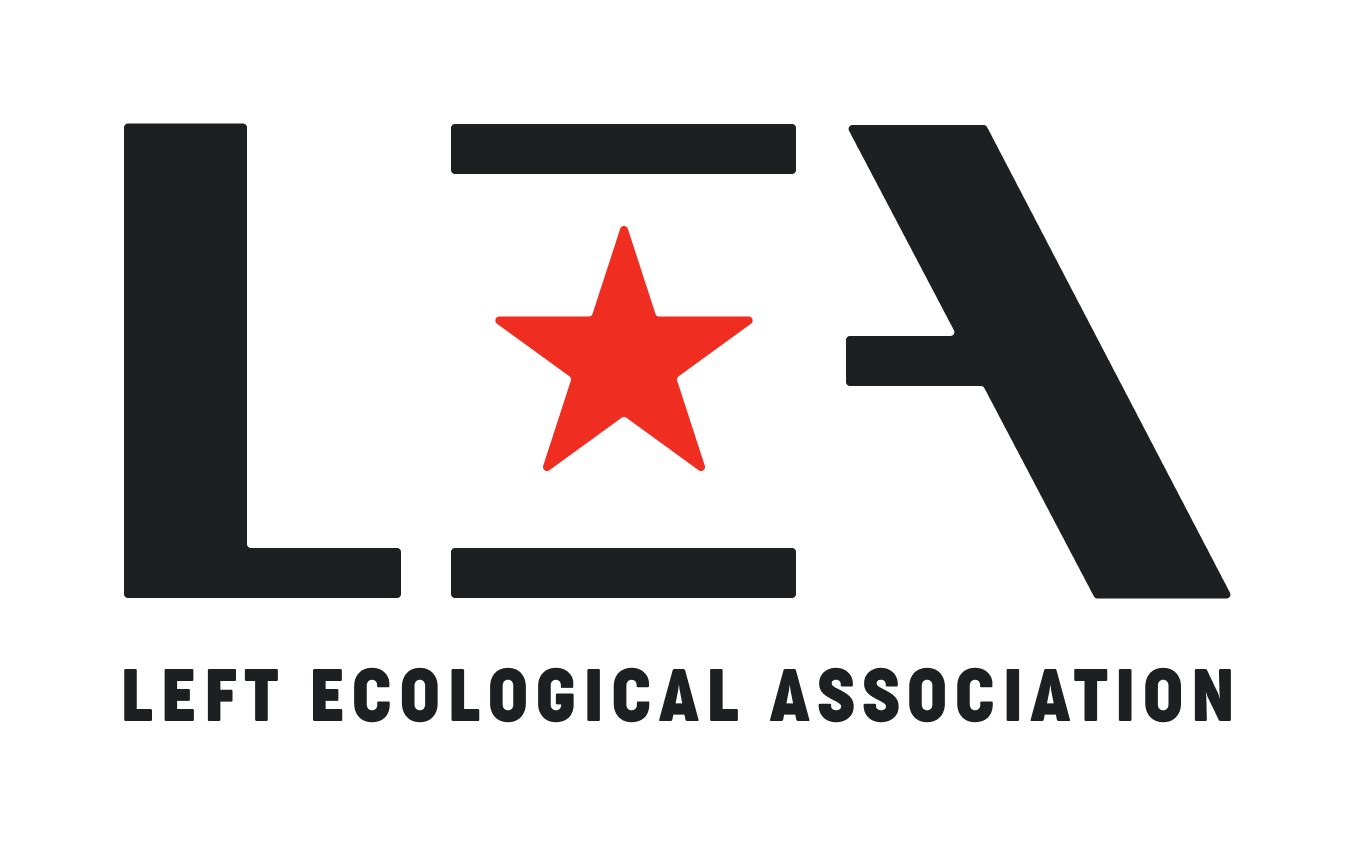The valorisation of capital and the pursuit of maximising profits is the engine that drives this society. Capitalists buy labour and means of production, for example, machines and raw materials, to have goods produced, the sale of which is supposed to generate profit. They have to add back a large part of this profit to their working capital and utilise it further. This is because each business competes with the others for market share. A primary method to compete is to increase productivity, mainly through optimising work flows and developing technology. This enables them to produce cheaper goods in larger quantities — those who do not succeed in this risk being pushed out of the market and out of business.
Capitalism is based on the permanent exploitation of nature and most of the people. Exploitation consists in depriving wage earners of part of the value they produce. The value of labour, expressed in wages, is less than the value of the commodities they produce. The difference is the surplus value that capital accumulates. Wage earners work part of the working time for free, just as peasants did for feudal lords in the Middle Ages. In modern society, however, exploitation is invisible, disguised by labour contracts and wages.
Exploitation, therefore, occurs in every capitalist business that employs wage earners and produces goods and services for the market. It is the basis of the whole system and takes place not only in the enterprises that are particularly criticised by many, such as banks or multinational corporations, but in all of them.
While wage-earners existentially depend on being able to sell their labour and receive the maximum salary possible for it, entrepreneurs have an objective interest in keeping wages as low as possible — all while defending the ownership of the means of production and, with it, the capitalist order. This fundamental contradiction between capital and labour represents a rift in capitalist societies that the left should exploit.
Capitalist companies use every opportunity to turn nature into a commodity. As long as it is more profitable to cut down the remaining rainforest for monocultures than to leave it untouched, it will be cut down. As long as it is profitable to blow greenhouse gases into the air, the climate crisis will continue to intensify. Economic activity under the pressure of competition destroys the soil, air, water and climate that have been the ecological foundations of human existence and that of many other species for thousands of years.
Competition is permanently increasing resource consumption and CO2 emissions. The pressure to grow means that also new technologies (renewable energies, green hydrogen, e-mobility, etc.) do not curb this significantly. Electric cars for all, for example, are not a solution because they consume too many resources and energy and just as much land. Moreover, innovations only come into play if they are profitable.
That is why humanity is sliding into ecological collapse like a natural disaster — fully aware but entirely unable to do anything about it. Although the system is man-made and scientific knowledge about the ecological crisis has been available for a long time, the destruction of nature will nevertheless not be stopped as long as capital utilisation prevails. Only in a society beyond capitalism can production take place with respect for nature and without the exploitation of humans.


